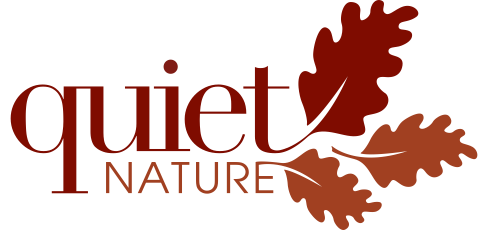Soul Standard for Organic Land Care
Over the past several years the term “organic” seems to have taken on a life of its own. We see it branded on everything from carrots to shampoo, clothing to coffee filters. We generally believe that anything displaying this brand is natural, healthy and free from harmful substances. We will even pay more for products carrying the “organic” brand based on this belief. I myself am one of these people. But do we really know what “organic” means and what official certification is within Canada?
Operating in the landscape maintenance and lawn care industry, which has generally been lacking in formal certification, how does organic apply to us?
After much research, we found the SOUL standard for organic certification and are in the process of becoming certified as Organic Land Care Specialists.
What is SOUL?
It is The Society for Urban Land Care and is explained as follows on their website:
“The SOUL Organic Land Care Standard was developed to define the practice of Organic Land Care for the public and for professionals in the industry. This standard clarifies the term “organic”, and is intended to protect the public.
This Standard was developed in consultation with many landscape professionals across the world. Like all standards it is a living document, and subject to change in the light of further experience with Organic Land Care.”
This past fall I completed the Organic Horticultural Specialist course offered through Gaia College, and held at Humber College in Toronto. The course focused on the key practices horticulturalists can use to optimize the natural systems for maintaining plant and landscape health.
Some of the main concepts presented were:
- soil health (making sure the soil is alive with a composition of the right microbes and adequate organic matter) as a means of lawn care . Treating the cause of problems, not the symptoms.
- production and application of beneficial soil amendments such as compost tea and effective microorganisms (EM).
- understanding symbiotic plant relationships as a means of pest management
- proper pruning practices (understanding that any cut results in an injury to the plant)
As a company, in addition to running zero emission equipment, we have already been employing many of these techniques in our landscape maintenance practices; however, we feel it is important to become certified and to support the process of certification.
For further information on SOUL and other related reading please visit their website www.organiclandcare.org
Best regards,
Kim Lippert
